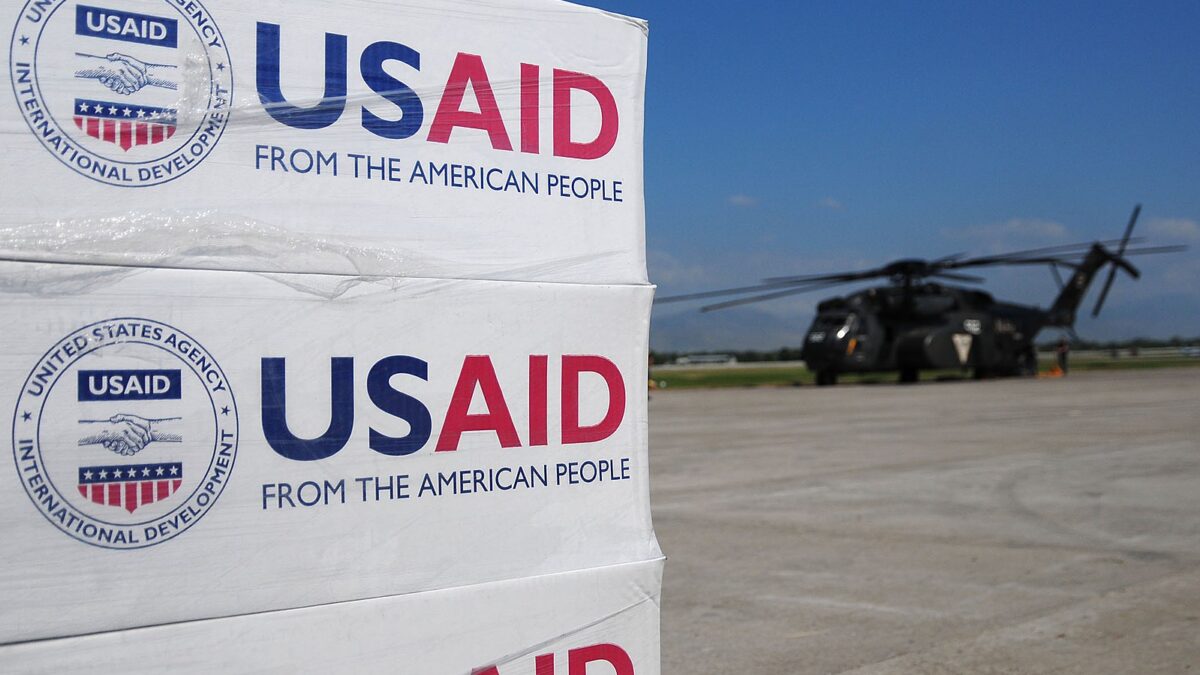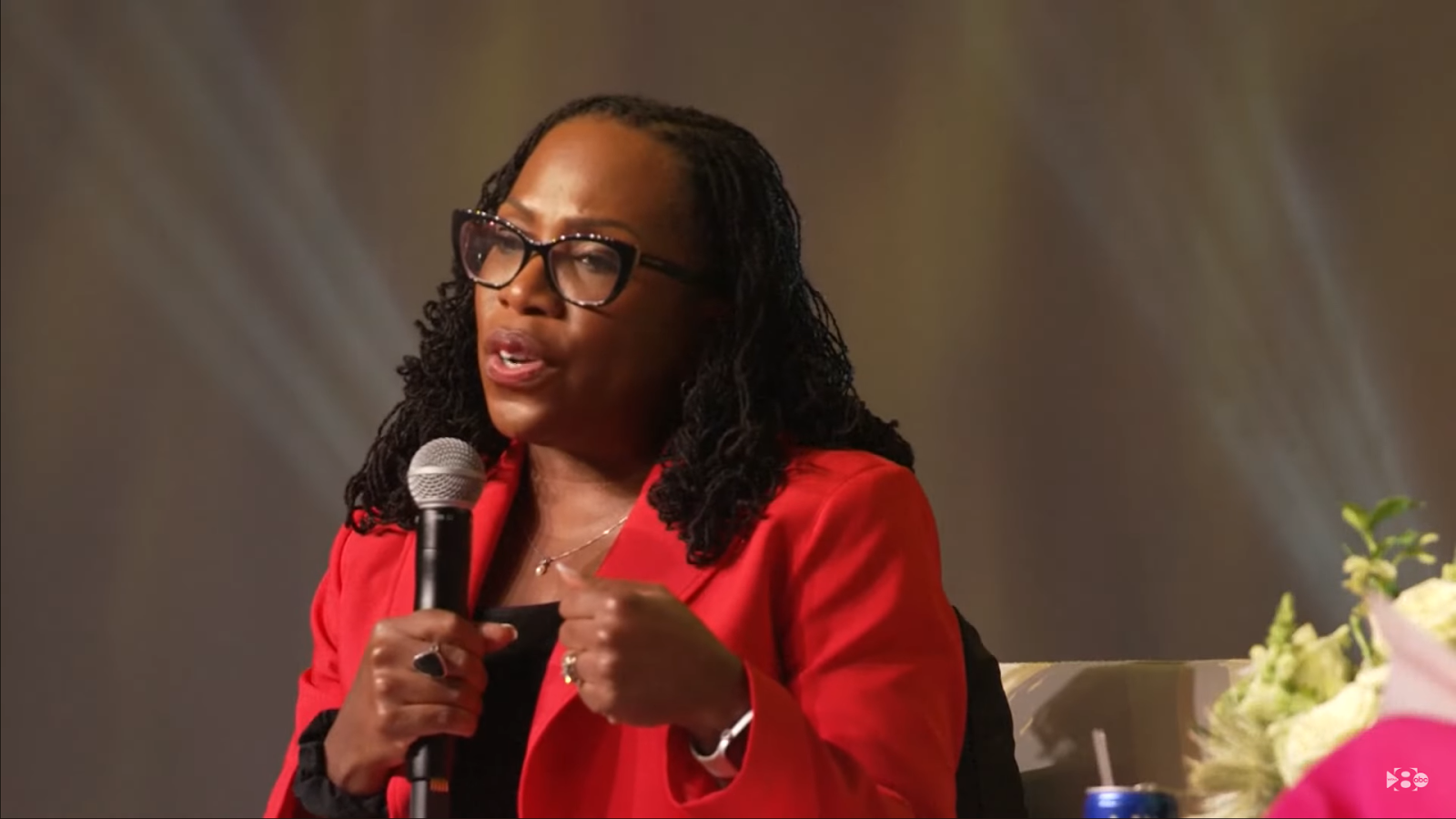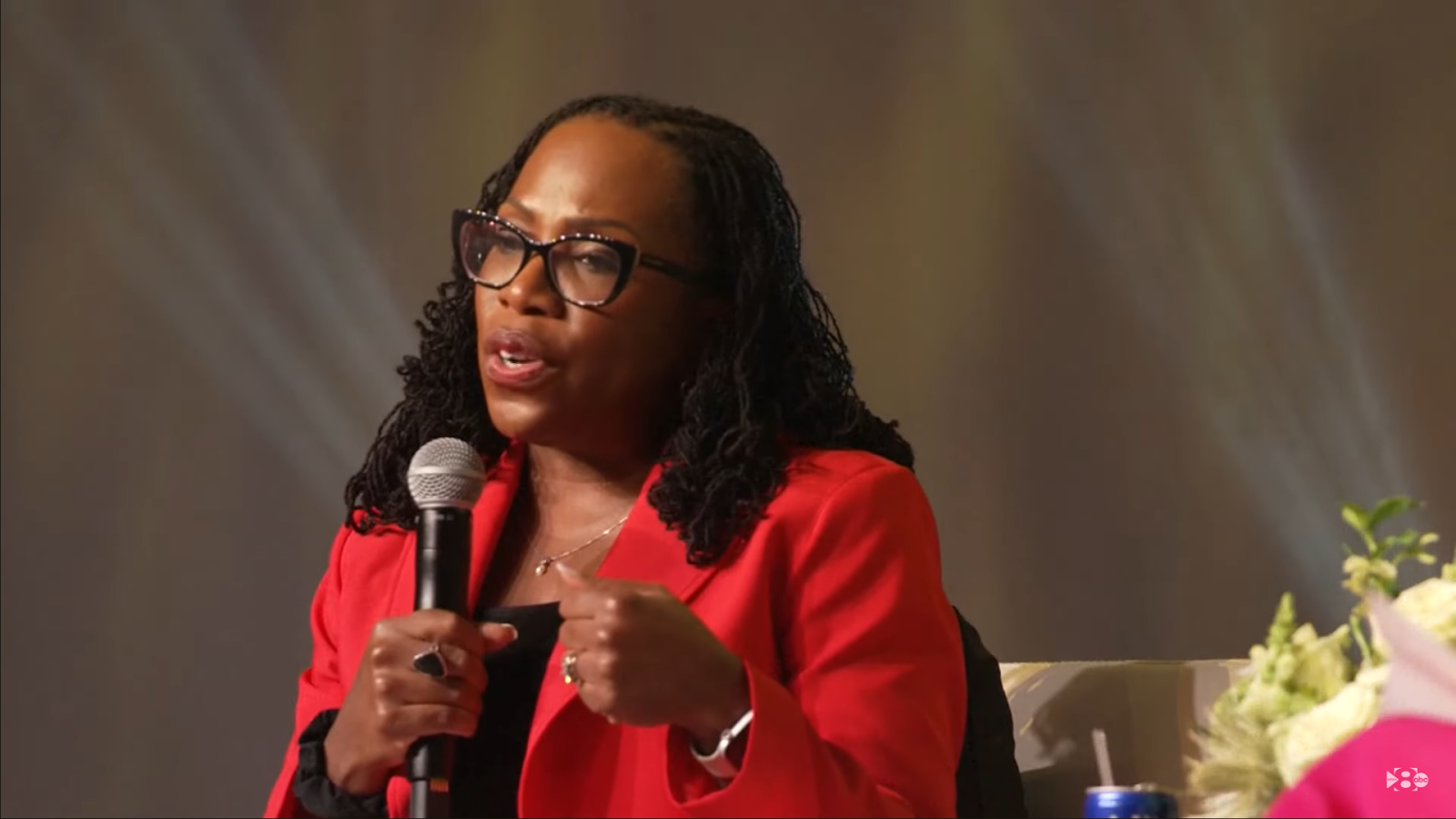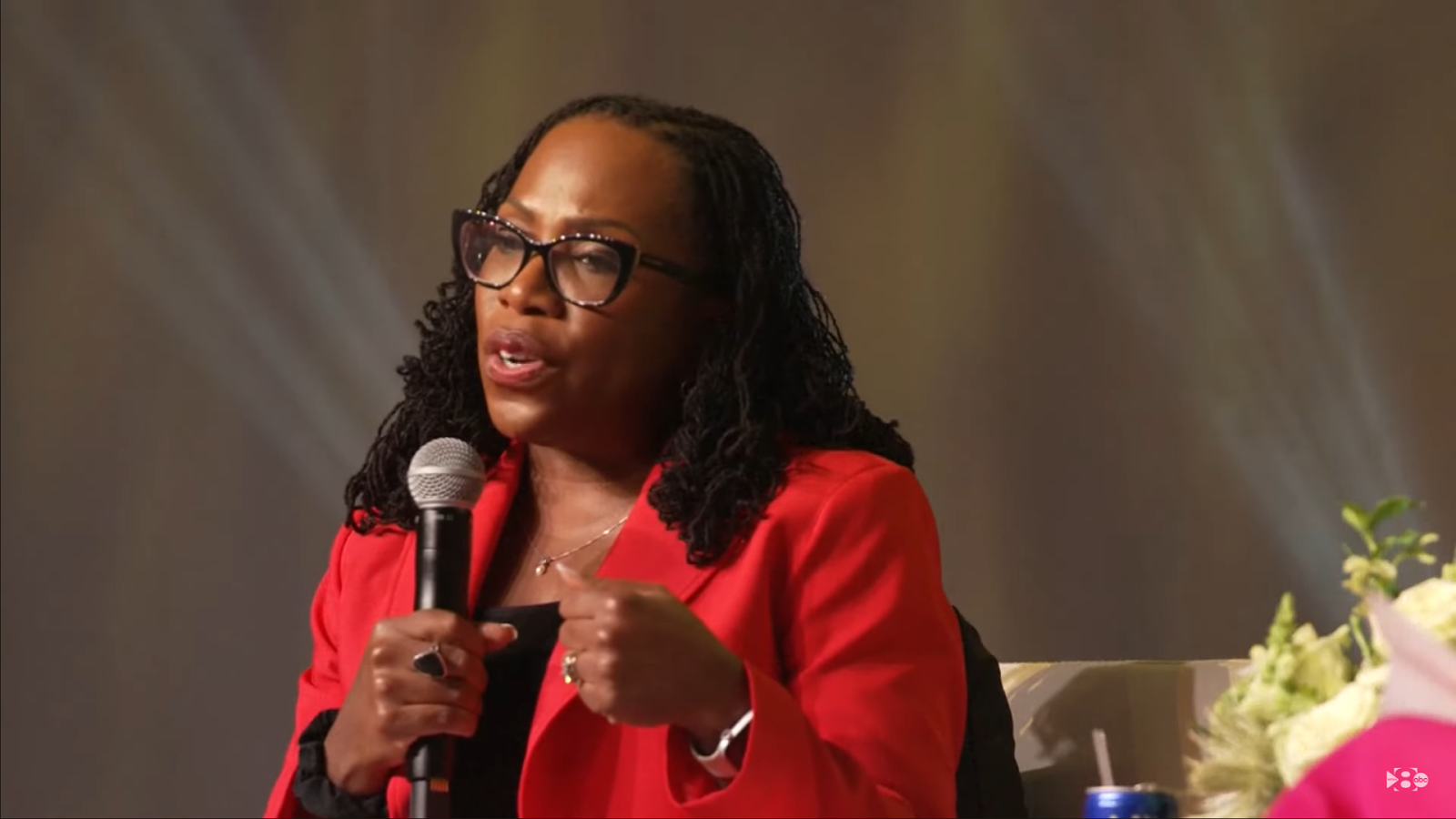The U.S. Court of Appeals for the D.C. Circuit affirmed President Donald Trump’s authority to terminate billions in taxpayer funding for the U.S. Agency for International Development (USAID) this week. The court’s 2-1 ruling, issued on August 25, 2025, supports Trump’s executive order aimed at curbing what he described as wasteful spending on international projects.
This decision reverses previous judicial actions that had restricted Trump’s ability to impound funds, a power that allows the president to decline to spend the full amount of appropriated funds. The ruling is seen as a significant victory for Trump and his administration, which has faced challenges from the judiciary regarding its fiscal policies.
Circuit Judge Karen LeCraft Henderson, writing for the majority, stated that a group of USAID beneficiaries lacked standing to challenge the cessation of their federal funding. “The grantees lack a cause of action to press their claims,” Henderson noted, emphasizing that they could not bring a constitutional claim if the underlying issue was statutory.
Henderson’s opinion also reinforced the validity of Trump’s executive order, citing the president’s authority under the Constitution and U.S. laws. “The President’s authority is clear, and the courts must respect that,” she stated.
The dissenting opinion raised concerns about the implications of the ruling, suggesting it could limit judicial oversight of presidential actions. However, Henderson countered that claims against presidential actions must adhere to specific legal standards and cannot simply be framed as constitutional issues.
Critics of the ruling argue that it undermines judicial checks on executive power. They contend that allowing the president to unilaterally cut funding could lead to significant consequences for international aid programs, including those aimed at humanitarian efforts.
Supporters of the ruling, including members of Trump’s administration, view it as a necessary step toward reducing government waste and increasing efficiency in federal spending. They argue that the administration’s focus on accountability in foreign aid is essential for ensuring taxpayer dollars are used effectively.
In February, Judge Carl Nichols had previously declined to issue a preliminary injunction that would have halted Trump’s plans to terminate USAID employees, further bolstering the administration’s position. The D.C. Circuit Court’s latest ruling is expected to limit the number of lawsuits aimed at blocking the president’s fiscal policies.
This ruling comes amid ongoing debates about the role of the judiciary in reviewing executive actions. The D.C. Circuit Court’s decision may set a precedent for future cases involving presidential authority over budgetary matters.
As the Trump administration continues to navigate legal challenges, this ruling is likely to embolden its efforts to reshape federal spending priorities, particularly in international aid. The implications of this decision will be closely monitored by both supporters and opponents of the administration’s fiscal policies.
READ ICE Arrests Convicted Criminals in Nationwide Operation



